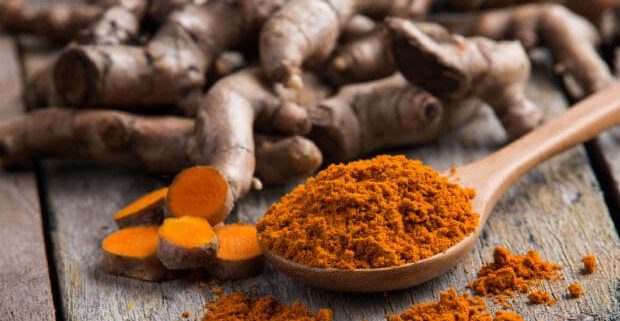Substances That Support Cartilage Regeneration
Cartilage can be difficult to regenerate, as it doesn’t have its own blood supply for support, however cartilage-specific stem cells do exist.24 As noted in the journal Cell Stem Cell. “We show that repair tissue from human articular cartilage during the late stages of osteoarthritis harbors a unique progenitor cell population, termed chondrogenic progenitor cells (CPCs). These exhibit stem cell characteristics such as clonogenicity, multipotency, and migratory activity.”
Further, substances such as curcumin may contribute to the regeneration of cartilage. Bone regeneration has also been demonstrated via natural compounds like noni leaves and black tea extracts.
Even the spinal cord has regeneration potential following injury. For instance, co-ultramicronized palmitoylethanolamide, an endocannabinoid, and luteolin, a plant compound found in celery
and artichokes, promote neuronal regeneration in the spinal cord.28 Electro-acupuncture is also beneficial, promoting differentiation of mesenchymal stem cells and regeneration of nerve fibers
after spinal cord injury.
NATURAL SUBSTANCES THAT SUPPORT REGENERATION
Regenerative substances are all around you, including in your pantry. In fact, foods and so-called nutraceutical supplements are among the top regenerative substances you can hone in on for
better health. This includes turmeric, a bright yellow spice often used in curry, contains curcuminoids, which include curcumin. Curcumin is well known for its anti-inflammatory and antioxidant properties, but it’s also a powerful regenerative substance. It comes in as No. 1 in the list of 20 substances researched for regenerative potential.
Curcumin may:
- Support “essentially perfect” skin regeneration following surgery
- Enhance the regeneration of beta cells in the pancreas to benefit type 1 diabetes
- Promote peripheral nerve regeneration, both in normal conditions and after injury
- Help repair and regenerate liver tissue
Keep in mind that the spice turmeric typically contains only about 3.14% curcumin, which means it may be difficult to get therapeutic amounts from eating turmeric alone. This is one case where a curcumin supplement may be necessary, but be sure it contains the black pepper compound piperine, which increases curcumin absorption by 2,000%. Eating turmeric along with black pepper may also help to enhance curcumin absorption.
That being said, there’s good reason to also include whole turmeric in your diet, as it contains beneficial compounds beyond curcumin, including ar-tumerone, a fat-soluble compound that supports regeneration in neurologic disease.



